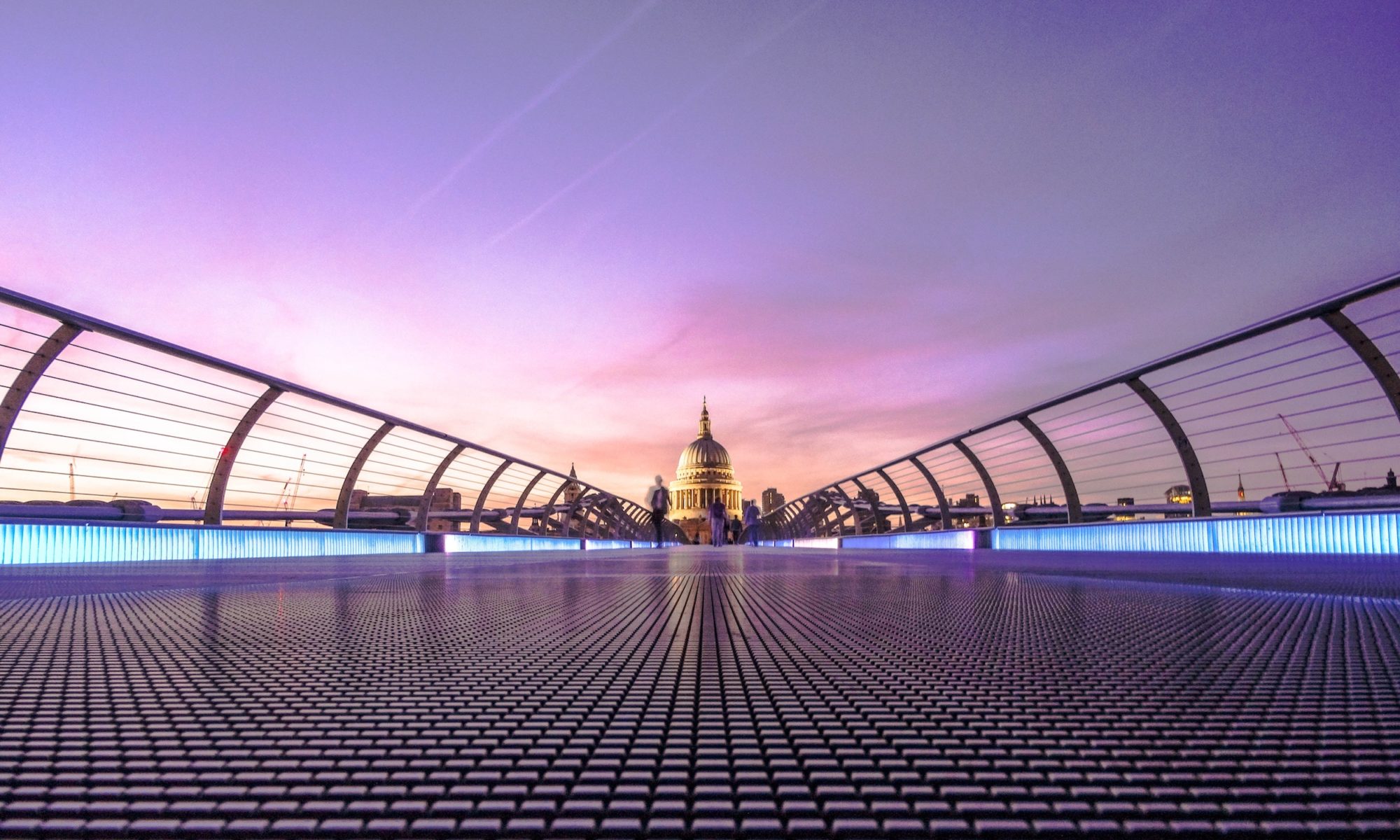After reading the book Nudge I have been noticing “nudges” all around me. Governments and organisations not making us do things for our own good, but just helping us decide to do the right thing on our own by presenting choices in a different light.
So I was amazed and inspired by the amount of nudges that were on display at the Rock Wercheter festival in Belgium yesterday (see the full awesome line-up that included Blink 182, the Cure and Justice).
Recycle for FREE beer
By far one of the best nudges I have ever seen (in my opinion even worthy of a mention in the Nudge book) is Coca-Cola’s campaign to promote their new “plant bottle”, which is 100% recyclable (DISCLAIMER: I am not endorsing Coke, I hardly ever buy their products; I am simply impressed by their campaign).
In short, the campaign offered you a free bag (made from recycled coke bottles) which you could use to pick up plastic cups and bottles. For every 20 you brought back, they would give you one voucher for a free drink (beer or cool-drink). One beer costed 2.5 euros, so if it takes us 6 minutes to earn one voucher (this is roughly how long it took), then we should be recycling if we value our time at 25 euros per hour or less (because that is the amount of value we could accumulate in an hour).
Of course we have to assume diminishing returns and a trade-off between partying and collecting, but economic theory predicts (very accurately in this case) that there will be an equilibrium because some people value their time differently and others will assign greater value to some rock bands over others – suggesting there will ALWAYS be someone collecting but never everyone (which is ideal because if too many collect or too few then this system fails).
The end result and why this is a great nudge
While for us the value gained was approximately 25 euro’s per hour (at the expense of time we could have spent doing something else) the cost to the organisers is probably one tenth of that (the cost of ten 300ml cups of beer). So, the organisers also have a strong incentive for this campaign to work because the alternative (paying someone to clean) would cost more – at the very least a basic wage. Don’t forget that we have an incentive to pick quickly because we do not want to spend too much time doing this (and because we want more beer) while employees would have an incentive to work slowly to earn more money.
But what about the real nudge hiding behind the apparent one (free beer if you recycle)? In my opinion (watching my brother’s teenage friends collect bottles and cups), the end result was a clear positive association for recycling. The idea not only stuck, it also drove behaviour. It shows that people can be inspired to recycle through an immediate short term gain, at a low cost and without the need of punishment or social disapproval (which are two common ways people are currently motivated to recycle).
By the end of the night not only were there almost no bottles remaining anywhere in sight, but we had saved 30 or so euros in free drinks. We did all this during the intervals so missed none of the sets. Our trade off was between the time spent doing very little and the time spent earning free beer). Coca Cola anchored themselves as a recycling company in my mind and I feel good about recycling in general. The organisers also saved on cleaning costs at the cost of around 5 pints of beer (10 cups) per hour.
This is why I love economics, an effective and beautiful CSR campaign inspired by economic incentives, nudges, sticky ideas and decision making equilibrium.
More about this here:
http://www.coca-cola.co.uk/olympic-games/rock-recycling-olympic-games.html
